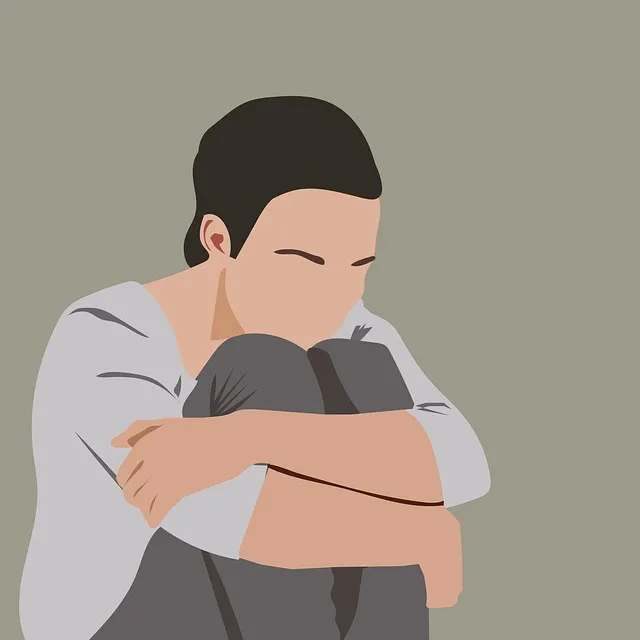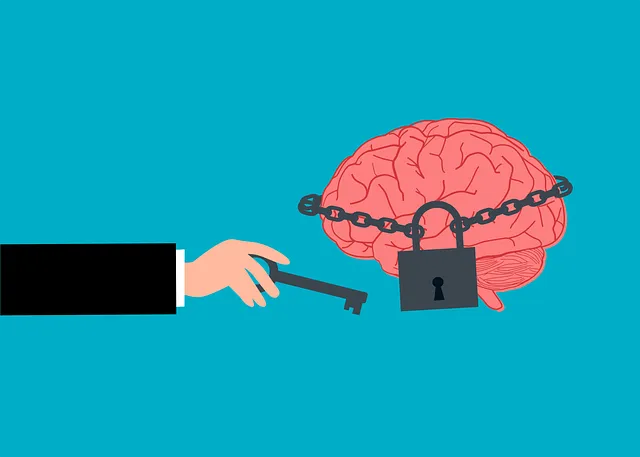Crisis Intervention Teams (CITs) at Centennial Kaiser mental health programs play a vital role in addressing acute crises, especially with growing demand and diverse cultural backgrounds. Their holistic training approach combines interactive simulations, case studies, and hands-on learning to develop essential coping skills and improve crisis response outcomes. By educating teams about mental illnesses, conflict resolution, and mindfulness, these programs empower them to de-escalate tense situations and provide effective support through Centennial Kaiser's comprehensive services.
“Crisis Intervention Teams (CITs) play a pivotal role in mental health care, offering swift and effective support during critical moments. This article explores the profound impact of well-trained CITs on individuals facing psychological crises. We delve into ‘The Centennial Kaiser Approach’, a proven method for designing comprehensive training programs that maximize effectiveness. Furthermore, we break down essential components of successful CIT training, providing insights into enhancing mental health care outcomes through strategic education.”
- Understanding Crisis Intervention Teams: Their Role and Impact in Mental Health Care
- The Centennial Kaiser Approach: Designing Effective Training Programs for Maximum Impact
- Key Components of Successful Crisis Intervention Team Training: A Comprehensive Breakdown
Understanding Crisis Intervention Teams: Their Role and Impact in Mental Health Care

Crisis Intervention Teams (CITs) play a pivotal role in mental health care, particularly in addressing acute crises and de-escalating high-risk situations. These specialized teams, often comprising mental health professionals, first responders, and community support staff, are trained to provide immediate, coordinated, and comprehensive interventions. At the Centennial Kaiser mental health programs, we recognize the critical need for effective CITs, especially given the increasing demand for crisis services and the complex nature of contemporary mental health challenges.
By integrating Cultural Sensitivity in Mental Healthcare Practice, these teams ensure that they can respond appropriately to diverse populations with varied cultural backgrounds and experiences. The training also encompasses Stress Management and Compassion Cultivation Practices, empowering team members to handle high-pressure situations while maintaining a caring and empathetic attitude. This holistic approach not only enhances the effectiveness of crisis interventions but also fosters positive outcomes for individuals facing mental health crises.
The Centennial Kaiser Approach: Designing Effective Training Programs for Maximum Impact

The Centennial Kaiser Approach to designing effective crisis intervention team training programs emphasizes a holistic and impactful strategy. This method goes beyond traditional instruction by incorporating interactive simulations, role-playing scenarios, and real-life case studies. By immersing participants in diverse situations, the program facilitates the development of crucial coping skills and enhances mental wellness.
The Centennial Kaiser mental health programs prioritize hands-on learning, ensuring that attendees gain practical experience in crisis intervention guidance. This approach not only equips individuals with effective strategies for managing high-pressure situations but also fosters an understanding of the broader mental health landscape. Through dynamic training, participants develop a repertoire of tools to support themselves and others during challenging times.
Key Components of Successful Crisis Intervention Team Training: A Comprehensive Breakdown

Successful Crisis Intervention Team (CIT) training programs are meticulously designed to equip participants with essential skills and knowledge for effective crisis management. The key components often include a blend of theoretical understanding, practical exercises, and interactive learning experiences. One of the foundational elements is educating teams on mental health conditions, including various types of mental illness, their symptoms, and how they can impact individuals in crisis. This knowledge breakdown helps dispel the mental illness stigma reduction efforts and fosters empathy, enabling more compassionate and effective interventions.
Additionally, these programs delve into conflict resolution techniques, teaching teams strategies to de-escalate tense situations and facilitate productive communication. Mindfulness meditation is another valuable component, offering participants tools to manage their own stress and emotional responses during crises. Through role-playing scenarios and supervised practice, trainees gain confidence in applying these techniques in real-world settings, ensuring they can provide timely and appropriate support through Centennial Kaiser mental health programs.
Crisis intervention team (CIT) training is a vital component in enhancing mental health care, and the Centennial Kaiser Approach offers a comprehensive framework for maximizing its impact. By focusing on practical skills development, cultural competency, and ongoing support, these programs equip professionals to effectively navigate crises and improve patient outcomes. Incorporating evidence-based practices, such as those outlined in the key components of successful CIT training, ensures that teams are prepared to handle diverse situations with empathy and professionalism. The Centennial Kaiser mental health programs highlight the importance of continuous education and adaptation, ultimately fostering a culture of care and resilience within healthcare settings.


